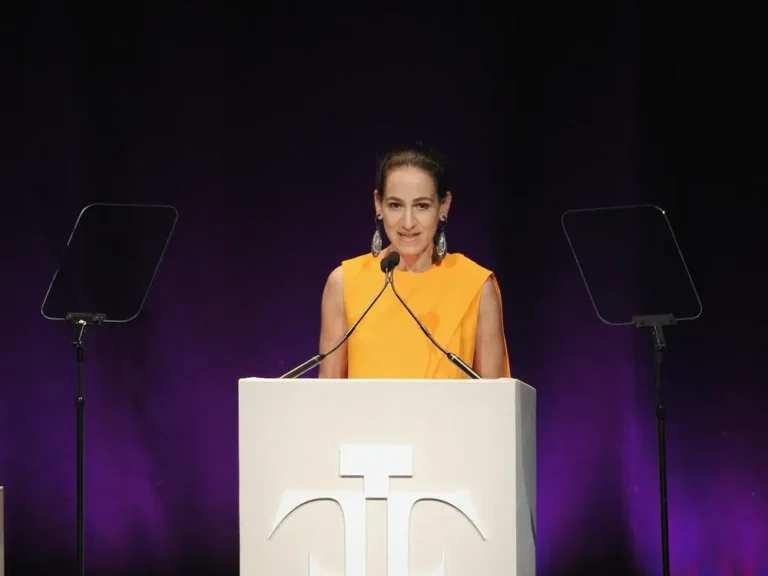3 things most people don’t understand about getting professional help with your debt

Before enrolling in debt relief, make sure you understand the process.
If you find yourself overwhelmed with debt and ready to make a change, there are many debt relief and debt settlement companies ready to help with promises of living debt-free and with more money in your pocket.
A debt relief program is a service that helps people reduce or reorganize their debts to make the debt easier to repay or to eliminate it altogether.
Here’s how it works: A debt relief “debt expert” reviews your financial situation and debts. You may be asked to stop making payments to your creditors and to put the money in an account maintained by the debt relief company.
The debt relief company negotiates with your creditors to reduce your balance, lower interest rates, and reduce your payment amounts to create a debt settlement plan. If your creditors accept, the money in the account will be used to pay the negotiated amount to your creditors.
The process will sound great when explained in this very simple format by your “debt expert,” but it is rarely this easy. I’ve seen many negative reviews from consumers who had bad experiences with debt relief companies because they did not fully understand the consequences of the process.
Here is what they are not telling you:
Compare Personal Loan Rates
1. Debt settlement will have a negative impact on your credit score
Although the debt relief company is negotiating on your behalf with your creditors, any missed or late payments you’ve already made will be reported to the credit bureaus. On-time payment history is one of the most important factors in your credit score, and these missed or late payments will not be erased.
In addition, if a settlement is reached, it will be reported on your credit report that your creditors settled for less than the amount you originally owed. That will also negatively impact your credit score.
There is no way around paying your creditors back what you owe.
2. Debt relief can be expensive
Debt relief companies are for-profit businesses and charge a fee for their services. The fee typically depends on the amount of debt you enroll in the program. Even some of the best debt settlement companies B-17 has reviewed have a minimum debt threshold of $7,500 to $10,000.
Debt relief companies often charge between 15% and 25% of the total debt they negotiate on your behalf. If you owe $10,000, for example, you can expect to pay a fee between $1,500 and $2,500 to the company for its services.
3. Creditors don’t have to say yes
When you borrow money from a creditor, you make an agreement to pay them back. While life can happen to all of us, creditors still want their money. It is often said that creditors would rather get something than nothing, but what if that isn’t the case?
I know someone who ran up a $40,000 credit card bill and tried to negotiate her way out of it. The credit card company said no, sued her, got a judgment, and garnished her paycheck for a year until it was paid off.
The creditor does not have to agree to lower the interest rate or reduce the monthly payments — or agree to the settlement agreement at all. You owe them the money and they expect repayment.
Alternatives to debt relief
Debt relief is an option, but it’s not the only option.
Consider balance transfer cards or a personal loan, which will allow you to consolidate your monthly payments into one payment that should be more affordable. There won’t be any settlement program fees, and you will not take a credit score hit.
You can also try to negotiate with your creditors on your own. Your creditors want to get paid back, so if you inform them that you are struggling and need help, they will most likely work out a plan with you. Don’t wait until you have fallen behind in payments to do this. This plan can include a lower monthly payment, a lower interest rate, or even an amount that your creditor will settle for to close the account.
Instead of a for-profit debt settlement company, you may also consider a nonprofit credit counseling agency. They may still charge a fee to negotiate with your creditors, but they will be upfront with you about the process and any potential negative consequences. You can find a nonprofit credit counseling agency by contacting the National Foundation for Credit Counseling (NFCC).
The Consumer Financial Protection Bureau has issued a warning about for-profit debt relief companies and their potential pitfalls. Be sure to do your own research first.






